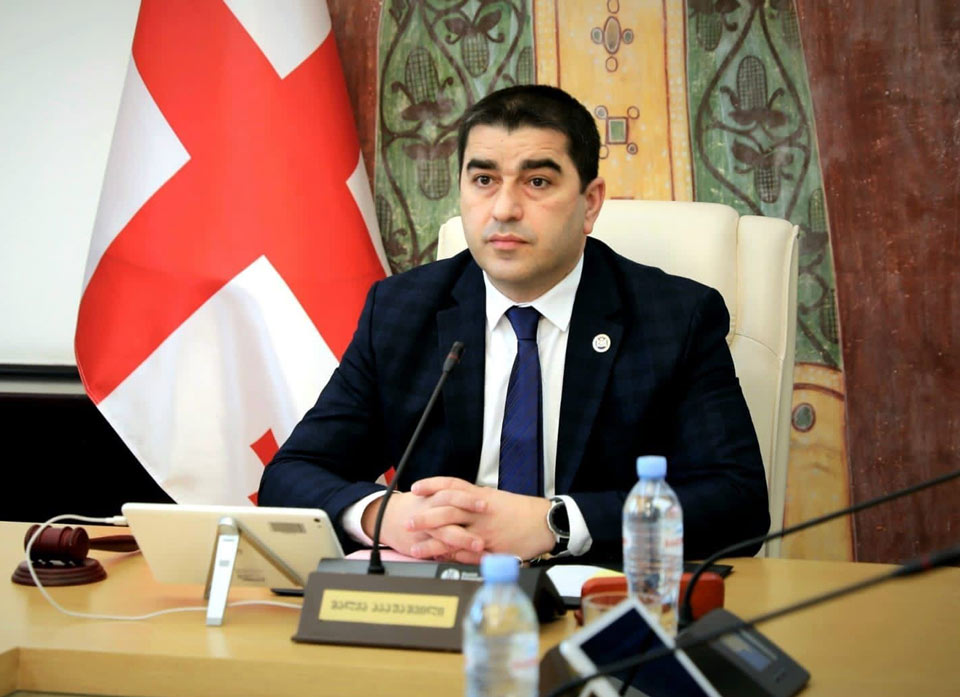“Boycott means non-attendance to parliamentary sessions for discussion of an agenda issue. Unfortunately, the opposition uses it as a holiday,” said Parliament Speaker Shalva Papuashvili at the bureau.
The Speaker remarked that opposition MPs submitted applications for boycotts to the parliament.
“A boycott does not mean that someone is too lazy to go to work and therefore can drop the session because of disliking something, being in a bad mood, or under political reasons. A boycott involves not attending a meeting because of the issue being discussed. In fact, this should mean failure to appear at some part of the plenary session when this issue is discussed. Unfortunately, it has become a practice that the opposition uses the boycott as a day off. Firstly, let’s follow up on this practice, and in the next parliament, it is probably important that this is more clearly spelt out in the regulations and that there are no grounds for some oppositionists to take a salary without going to work,” he said.
